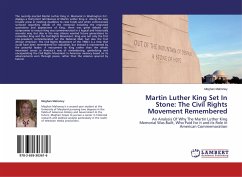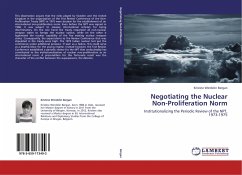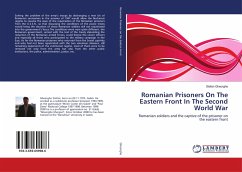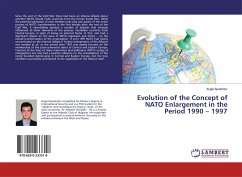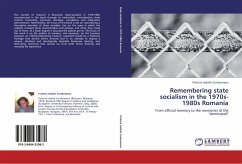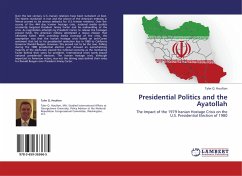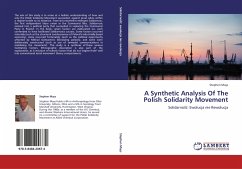
A Synthetic Analysis Of The Polish Solidarity Movement
Solidarno¿¿: Ewolucja nie Rewolucja
Versandkostenfrei!
Versandfertig in 6-10 Tagen
52,99 €
inkl. MwSt.

PAYBACK Punkte
26 °P sammeln!
The aim of this study is to arrive at a holistic understanding of how and why the Polish Solidarity Movement succeeded, against great odds, within a regime hostile to its existence. From this movement emerged Solidarnosc, the first independent labor union in the Communist Bloc. Solidarnosc evolved into a political party that succeeded in replacing the Communist Party in Poland. In the book, seven factors are elaborated on, each contended to have facilitated Solidarnosc's success. Some factors occurred naturally (such as the structural conduciveness of Poland's industrially-based economy), some...
The aim of this study is to arrive at a holistic understanding of how and why the Polish Solidarity Movement succeeded, against great odds, within a regime hostile to its existence. From this movement emerged Solidarnosc, the first independent labor union in the Communist Bloc. Solidarnosc evolved into a political party that succeeded in replacing the Communist Party in Poland. In the book, seven factors are elaborated on, each contended to have facilitated Solidarnosc's success. Some factors occurred naturally (such as the structural conduciveness of Poland's industrially-based economy), some occurred fortunately (such as the political opportunity afforded by Mikhail Gorbachev's liberalizing policies), and some were deliberately constructed (such as use of samizdat communications in mobilizing the movement). This study is a synthesis of these various facilitating factors. Ethnographic description is also part of the explanation, as is inclusion of eclectic factors that do not "pigeon-hole" well into conventional social movement theory compartments.






